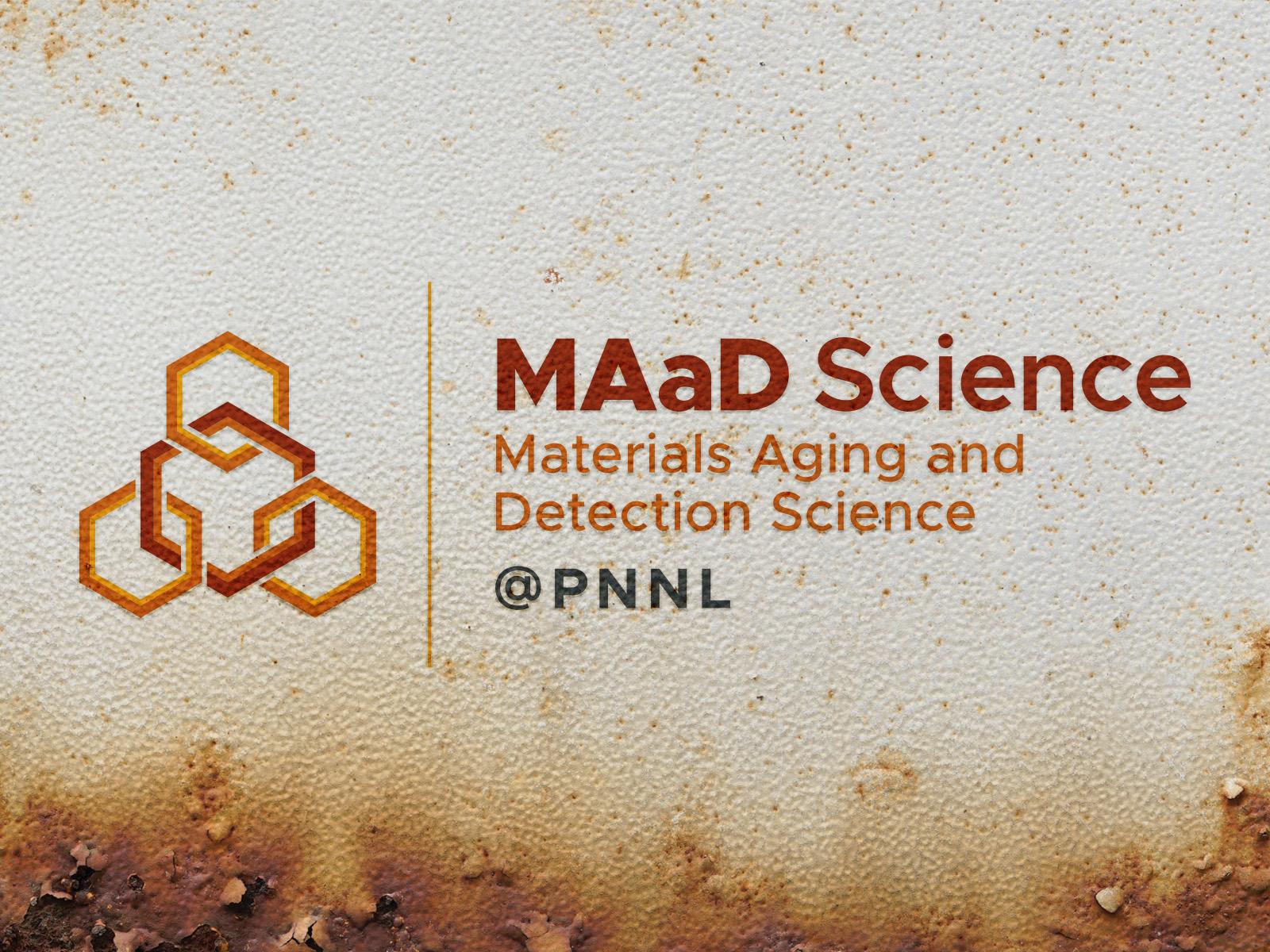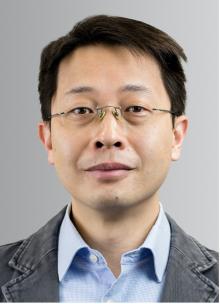MAaD Science Seminar: Contactless Magnetic Sensing in Condition Monitoring and Anomaly Detection for Smart Grids
Philip W. T. Pong focuses on advanced sensing techniques in smart grids and cities

10:00 a.m. (PT) Thursday, November 3, 2022
Philip W. T. Pong focuses on advanced sensing techniques in smart grids and cities

Our physical and cyber environments are increasingly intertwined with a wide variety of smart devices, Internet of Things connectivity, and edge-computing to create what we call “smart living.” This increase of smart sensors provides fine-grained data which can contribute to actionable insights. For instance, magnetic-field sensing captures sources, such as current-carrying wires and magnetic fields. Modern civilization heavily relies on electricity which is generated, transmitted, and utilized through various kinds of transmission mediums and electrical machines composed of current-carrying conductors, electromagnets, and permanent magnets. As such, magnetic field sensing is an important source of data that can be used for condition monitoring of power generation, transmission, and distribution.

Associate professor Philip W. T. Pong will discuss various opportunities and alternatives that magnetic field sensing can offer in condition monitoring and anomaly detection in smart grid and city applications. Contactless sensing makes for easy installation and provides opportunities for retrofitting existing equipment. This will minimize cost, avoid wear and tear, and meet stringent reliability requirements. Contactless magnetic sensing can complement traditional contact measurement techniques and help overcome major obstacles due to its scalability.
The Materials Aging and Detection (MAaD) Science Seminar Series at Pacific Northwest National Laboratory presents a talk by Pong at 10 a.m. (PT) on Thursday, November 3, via Teams. The seminar is free and open to the public. Pong is an associate professor in electrical and computer engineering at the New Jersey Institute of Technology. He graduated from University of Cambridge with a PhD in engineering. His research interests currently focus on the development and application of advanced sensing techniques based on electromagnetic sensors in smart grids and cities.
For more information about the MAaD Science Seminar Series, contact Leo Fifield at leo.fifield@pnnl.gov or 509-375-6424.